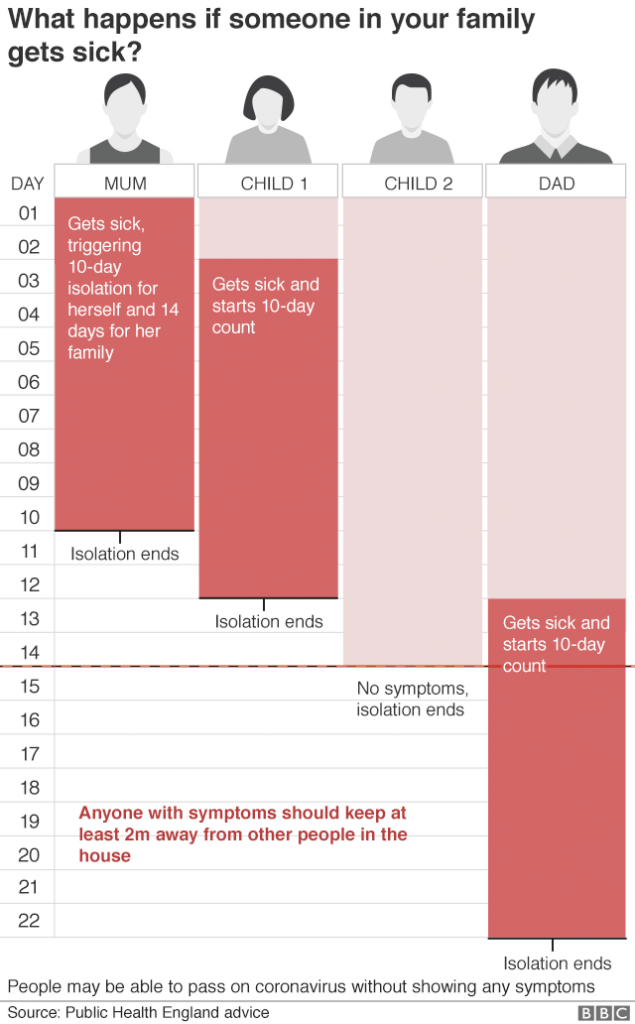
On Monday 30th November, 2020 at the Children, Education & Safeguarding Committee agreed to a savings proposal that moved the line management of Passenger Escorts from Barnet Council to the latest outsourcing organisation Barnet Education Learning and Skills (BELS).
This decision had not been discussed with the workforce. This service consists of a driver and a passenger escort. This proposal seeks to move from single line management of both staff to two line managers with the added complexity that the line manager for passenger escorts is not a Barnet Council employee.
Both UNISON and GMB objected to this decision and as you will see so did the workforce.
Over 90% of coach escorts signed the following statement
“Dear Mr Hooton
I have been told that as from 1 January 2021 I will no longer be managed by an employee of Barnet Council.
I was never asked for my opinion about this proposal.
I have worked through COVID and I continue to do my best for the children under very stressful circumstances because I love my job.
I don’t do this for the money.
I want to put on record that I want to be managed by a Barnet Council employee.
Signed”
Barnet UNISON and GMB email to Barnet Council Chief Executive
Hi John
Mary and I are writing to you on behalf of all coach escorts about the decision to move their line management from Street Scene to Barnet Education and Learning Service (BELS).
Last week we both attended five meetings with our members (coach escorts) working for Passenger Transport and the BELS over the decision to transfer the line management of the coach escorts from Street Scene to BELS.
Unfortunately what may have seemed like a decision that would have no impact on the staff we have to report that this is not the case. If we had been consulted about this proposal we would have advised you of the likely impact such news would have on this workforce.
This is a low paid female workforce.
They are a frontline workforce that have been working out in the COVID workplace with all the stress that brings regardless of what a Risk Assessment may state about being COVID secure.
It is to their credit that they like many low paid staff get on with the job. If you and members of your senior management team have ever spend time with this workforce, which we have both done over the years, you will have been left in no doubt that their commitment lies with the children they accompany on behalf of Barnet Council.
Both Mary and I have been involved with this service over many years and in that time staff have seen changes to line management of the service.
UNISON and GMB have been regularly meeting with the operational management of this service for over five years and in that time we have seen things improve for drivers and coach escorts.
Almost two weeks ago the trade unions were contacted to attend a meeting where we were told that the line management was being handed to BELS.
The reaction from both trade unions and later the membership, was why?
Why is a two person team being split and handed over to another employer?
It is really important to understand that many of the staff have been around for a long time and have witnessed groups of Council workers first being split from their original service only to find out later they are being outsourced.
Barnet Council like it or not has a reputation for outsourcing services to a variety of different employers. These different employers offer new staff inferior Terms and Conditions with no access to LGPS.
We have a recent example of BELS (formerly Mott MacDonald), where the workforce were unaware of what was going on behind the scenes with Mott MacDonald and Barnet Council were suddenly plunged into uncertainty and stress at the announcement that Mott MacDonald wanted to terminate the contract.
As you know the majority of staff wanted to return to Barnet Council. Many of our members across our respective trade unions commented how unfair it was that workers were carrying out the same role but one had access to the LGPS and the others did not. This inequality was exacerbated was made worse by the fact that senior managers with joint appointment contacts, which provides entitlement to LGPS, were promoting the BELS model and against the in-house model.
It is within this backdrop of this recent decision and the news of this transfer of line management that members across PTS are speculating this is the first stage of an outsourcing agenda.
In the five meetings which took place last week staff they have been told the reason for the decision to change the line management is to enable the service to become more streamlined and to improve communication. Both Mary and I were unaware there were any issues. It would have been helpful to have been informed of these concerns.
In terms of having a more streamlined it would make more sense to bring the SEND service back in-house to Family Services, in that way we would have one organisation responsible for delivering this service just as it is in many local authorities across the UK.
This is why I have coach escorts asking if this is the first step before a TUPE transfer to BELS and now our drivers are also feeling threatened that they could be TUPEd to an external contractor.
It is important to add that in the meetings when it was raised senior management for LBB and BELS have all stated this decision is not about outsourcing.
However due our Councils recent history of outsourcing many fear this decision is an indication there is going to be a return to outsourcing in response to Government’s announcements about local government pay freezes.
Over the last ten years low paid staff have been made to pay for Austerity and it should be no surprise to you and that of your senior management team that they fear that it is coming back for them.
Our members have repeatedly asked us what they can do. They don’t want to be transferred.
UNISON and GMB agreed that we would write to you and the senior management team responsible for this decision.
Please find attached a statement signed by almost every coach escort. The engagement of this workforce on this matter should provide an indication of the strength of feeling about this transfer and their wish to line managed by a Council employee.
Stay safe.
Best wishes
John Burgess
Branch Secretary.
Barnet UNISON




 Sunday Jan 17, 2021 11:00 AM
Sunday Jan 17, 2021 11:00 AM 




